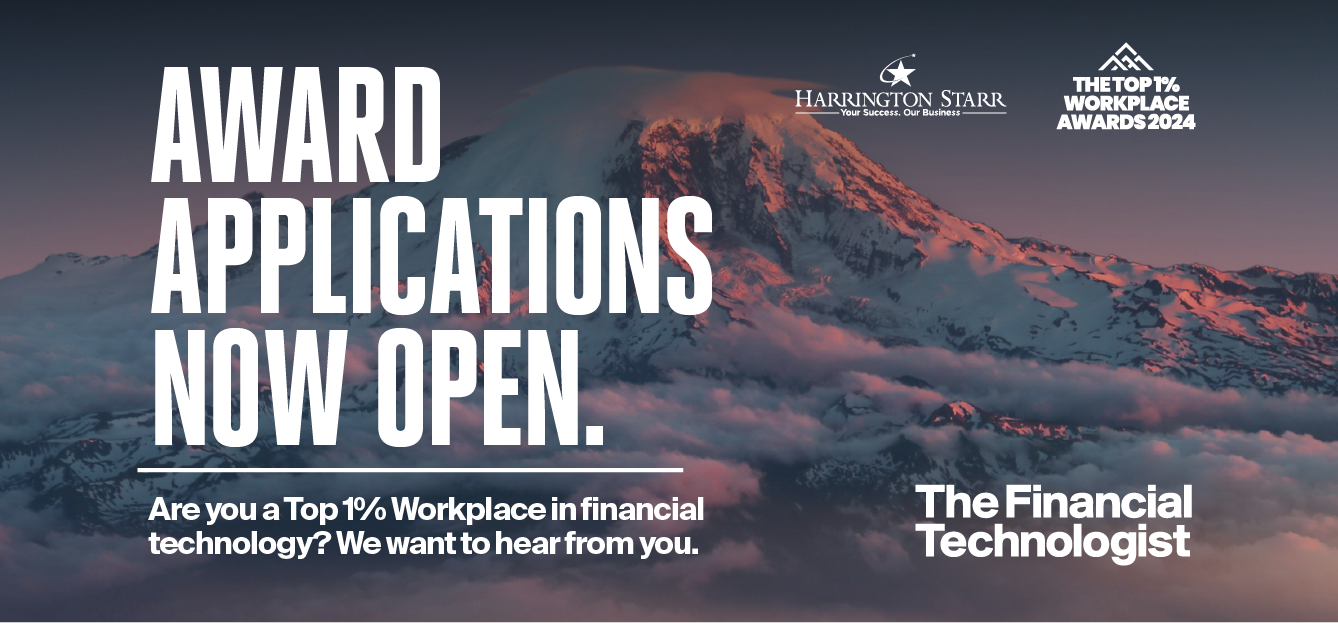Your business is enjoying its time in the sun, your products and services are well defined. Operationally, things are streamlined and efficient and your customer data reassures you that client expectations are being met; while stakeholders are happy that sales are consistent and possibly even growing. But as a leader there is something at the back of your mind that troubles you.
Digital evolution is such that disruption can happen at a pace never witnessed before. It’s easy to become blinkered to the impact on your clients’ behaviours and preferences until it’s too late.
Managing the conflict between maintaining business as usual and ensuring your organisation remains relevant requires leadership capable of shaping a culture that fosters innovation and can accommodate transformational change. Future-fit leaders recognise that disruption is not just a threat but an opportunity for growth. Leaders must build the right culture that embraces innovation and proactively seeks out new possibilities for operations and products, and how their firm goes to market.
To thrive amidst disruption, leaders need to make changes to their own management styles, to share the vision and actively engage in implementing the necessary changes to behaviours. Leaders need to adapt - the mnemonic ADAPT encompasses some of the most important practices future-fit leaders need to adopt in order to navigate the disruptive landscape.
A - Anticipate Disruption
Future-fit leaders have their finger on the pulse of emerging trends and technologies. They proactively scan the business landscape, analyse market dynamics, and anticipate potential disruptors. By staying informed and being open to new ideas they lead by example and are adept at spearheading an innovative and agile culture. Rather than fear disruption, employees must be encouraged to anticipate it and actively seek it out. By fostering a culture that anticipates disruption as a catalyst for improvement, leaders can inspire their teams to think innovatively and create a competitive advantage for their organisations.
D – Drive Innovation by Inclusion
Future-fit leaders foster a culture of creativity, experimentation and outside- the-box thinking. In an increasingly globalised world, inclusive leadership is imperative for driving innovation and sustainable growth. By creating an inclusive and safe environment, leaders can harness the power of diverse perspectives and experiences. By encouraging experimentation and learning from failures, leaders foster a culture that rewards risk-taking and fuels innovation. This shift requires leaders to provide psychological safety, promoting an environment where all ideas are welcomed and respected, and team members feel empowered to challenge the status quo.
A – Awareness & Authenticity
In an era of digital transformation, leaders must maintain sight of the human element. Future-fit leaders must develop self-awareness, social awareness and have the courage to be authentic. They need to unlock their emotional intelligence - the ability to understand and manage one's emotions and those of others becomes even more critical in a disruptive era. Leaders who display humility and empathy are more adept at building strong relationships and promoting a positive work culture. Self-aware, authentic leaders are better equipped to navigate complex situations, motivate and inspire their teams, and build resilience. They gain respect and loyalty, whilst employee well-being and productivity soars.
P - Promote a Coaching Culture & Collaboration
Successful organisations embed coaching as a central role in nurturing talent and driving performance. A coaching culture places people at the heart of leadership, focusing on growth and development. Leaders who embrace coaching as part of their own development are better equipped to coach and mentor their teams, unlocking the full potential of their human resources. Adopting a coaching mindset is key to retention of talent. People are given a sense of ownership and accountability, leading to better engagement, higher performance and increased productivity. But progress is hindered if people work in isolation. Future-fit leaders understand the power of collaboration and foster an environment where teams can work together seamlessly. They break down silos, encourage cross-functional collaboration, and facilitate knowledge sharing. By promoting collaboration, leaders harness the collective intelligence of their teams.
T- Technology enhanced customer experience
Technological advancements are at the heart of disruption. Successful leaders keep ahead of customer desires, needs and pain points, designing products and services that meet changing demands. Staying focused on customer experience requires commitment to continuous improvement and engaging with customer feedback to deliver superior customer experiences that are increasingly experiential not just transactional relationships.
Future-fit leaders embrace technology and understand its transformative potential in enhancing the customer experience. They stay informed about emerging technologies and how they can be integrated into their business strategies and encourage others to do the same.
I have coached leaders in financial technology and professional service industries who have had the foresight to embrace disruption and adapt their management styles and behaviours to stay relevant and keep ahead of their game. By following ADAPT, leaders can position their organisations for success in the face of disruption. A coaching-mindset and culture of collaboration equips an organisation to nurture an appetite for disruption. Self-aware and emotionally intelligent leaders who embrace these practices not only stay one step ahead but also motivate, inspire and equip their teams to seize the opportunities presented by disruptive forces. The future of leadership lies in those who create a psychologically safe and inclusive environment, who empower their teams to challenge the status quo, adapt with resilience, and cultivate a culture that thrives on disruption.
Read more articles like this in The Financial Technologist. Download your free copy here.
